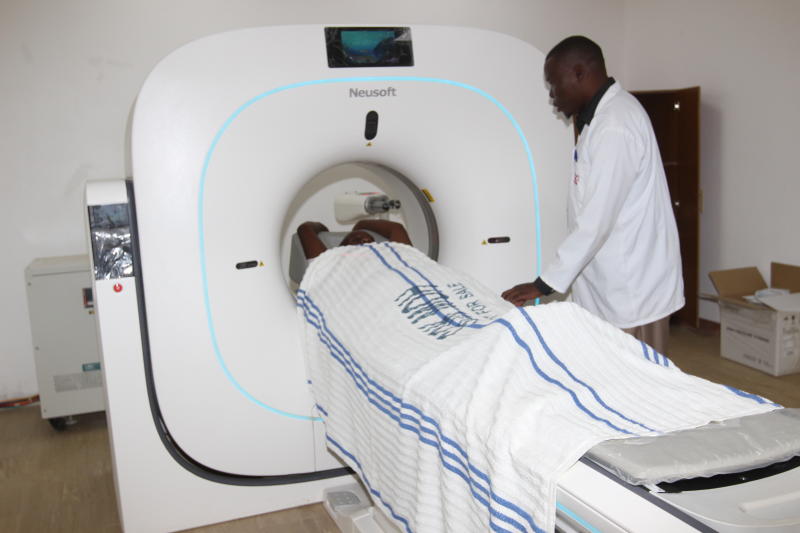
If there is one thing that has impoverished Kenyan families, it is medical bills. In the era of social media and WhatsApp fundraisings, we have all at one point or another found ourselves having to contribute for family and friends to be able to afford treatment in or out of the country -- mostly in India.
The bills are rarely in thousands, but millions. In our never-ending Ubuntu spirit, we never tire. When the money cannot be raised directly from people’s pockets, the little land or any other property owned has to find a new owner. If the patient gets well, the better. Sometimes it never ends well.